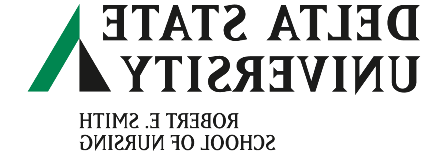About Program
The Master of Science in Nursing is an online program that provides study beyond the Baccalaureate in Nursing to earn a degree or certificate in the role concentrations of educator or practitioner. The graduate student in each role concentration completes required core, research, and role specific theory and practicum courses.
Program Goals
- Provide master’s nursing education that builds on the generalist foundation.
- Prepare graduates for advanced professional nursing roles with specific functional and clinical abilities.
- Prepare graduates academically to pursue education beyond the master’s level.
Program Learning [Student] Outcomes
- Integrate nursing, related sciences, and emerging evidence to influence healthcare practice.
- Apply advanced knowledge, skills, and competencies to design, implement, and evaluate person-centered care.
- Integrate individual and population-based health strategies to address global healthcare needs.
- Translate theory and research to provide evidence based nursing practice.
- Integrate quality and safety principles throughout care delivery.
- Foster professional partnership to strengthen the delivery of care and work environment.
- Coordinate resources to provide safe, quality, and equitable care to diverse populations within complex health systems.
- Promote the use of information and communication technologies to provide safe, quality, and cost-effective healthcare.
- Model professional expectations and ethical behaviors in practice and leadership roles.
- Employ leadership skills and strategies to advocate, mentor, and function within professional teams.
Program Structure
- Online courses combined with strategically scheduled campus seminars
- Online classes feature frequent chat and discussion activities with other students and faculty
- Clinical learning opportunities may be scheduled in facilities and agencies near the student’s home community with approval of faculty


